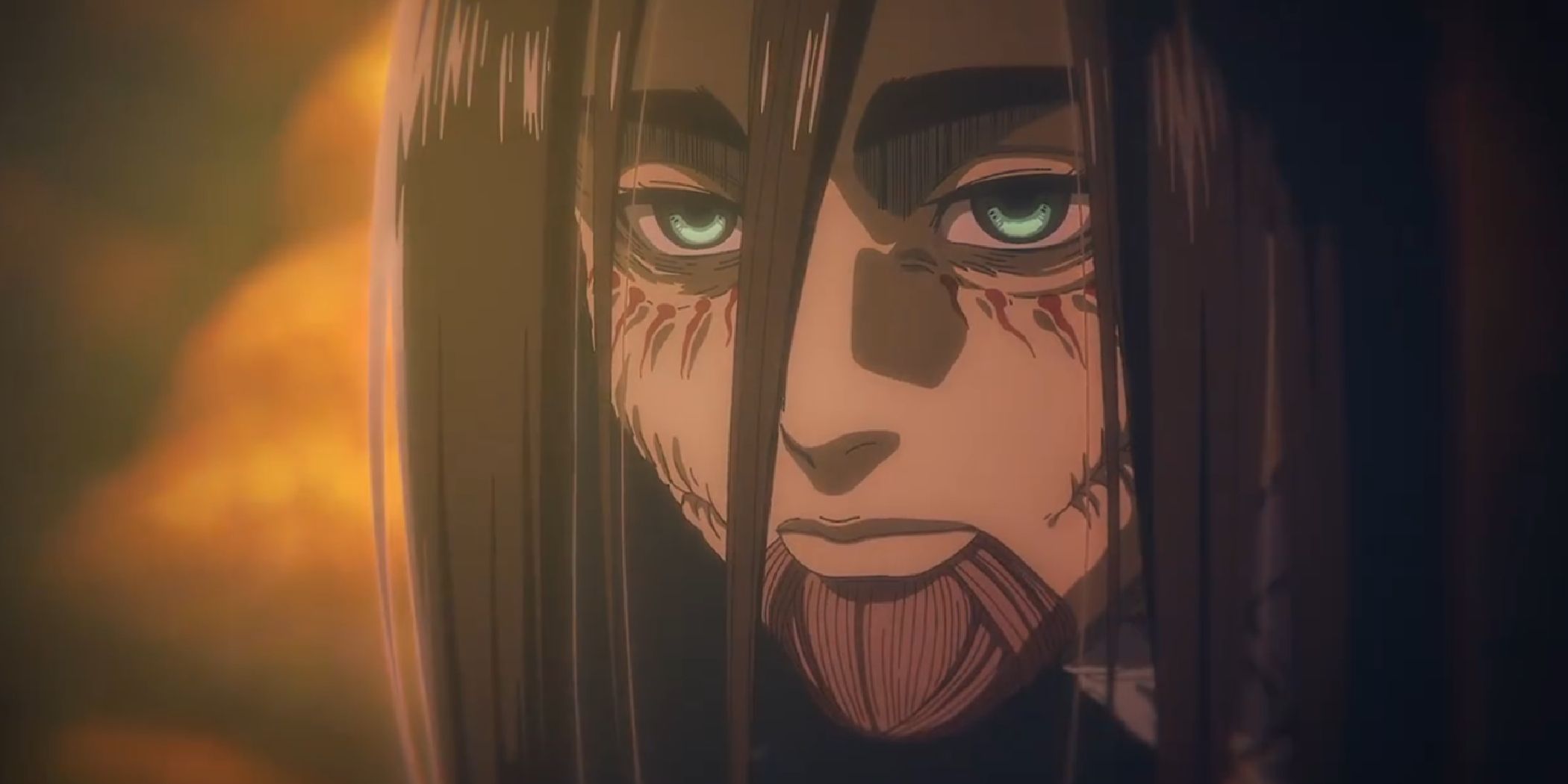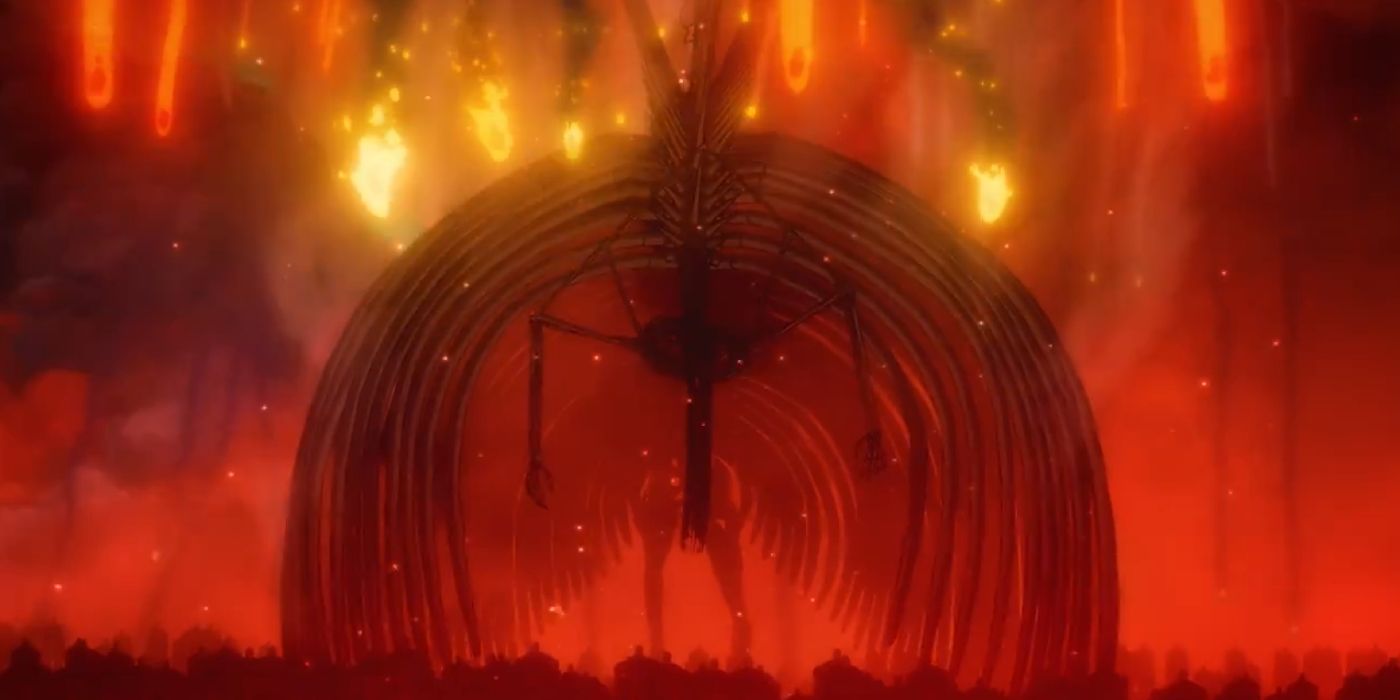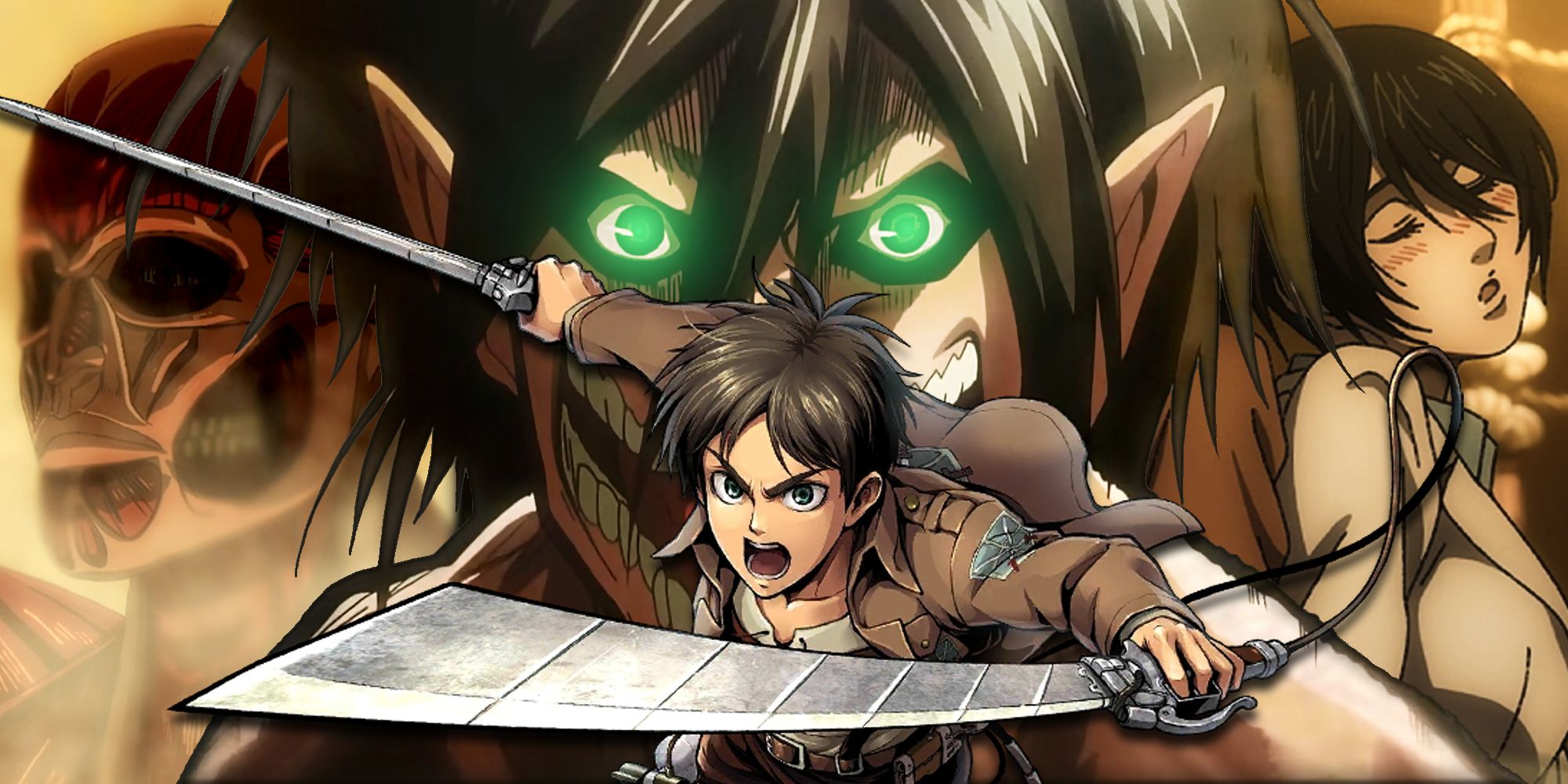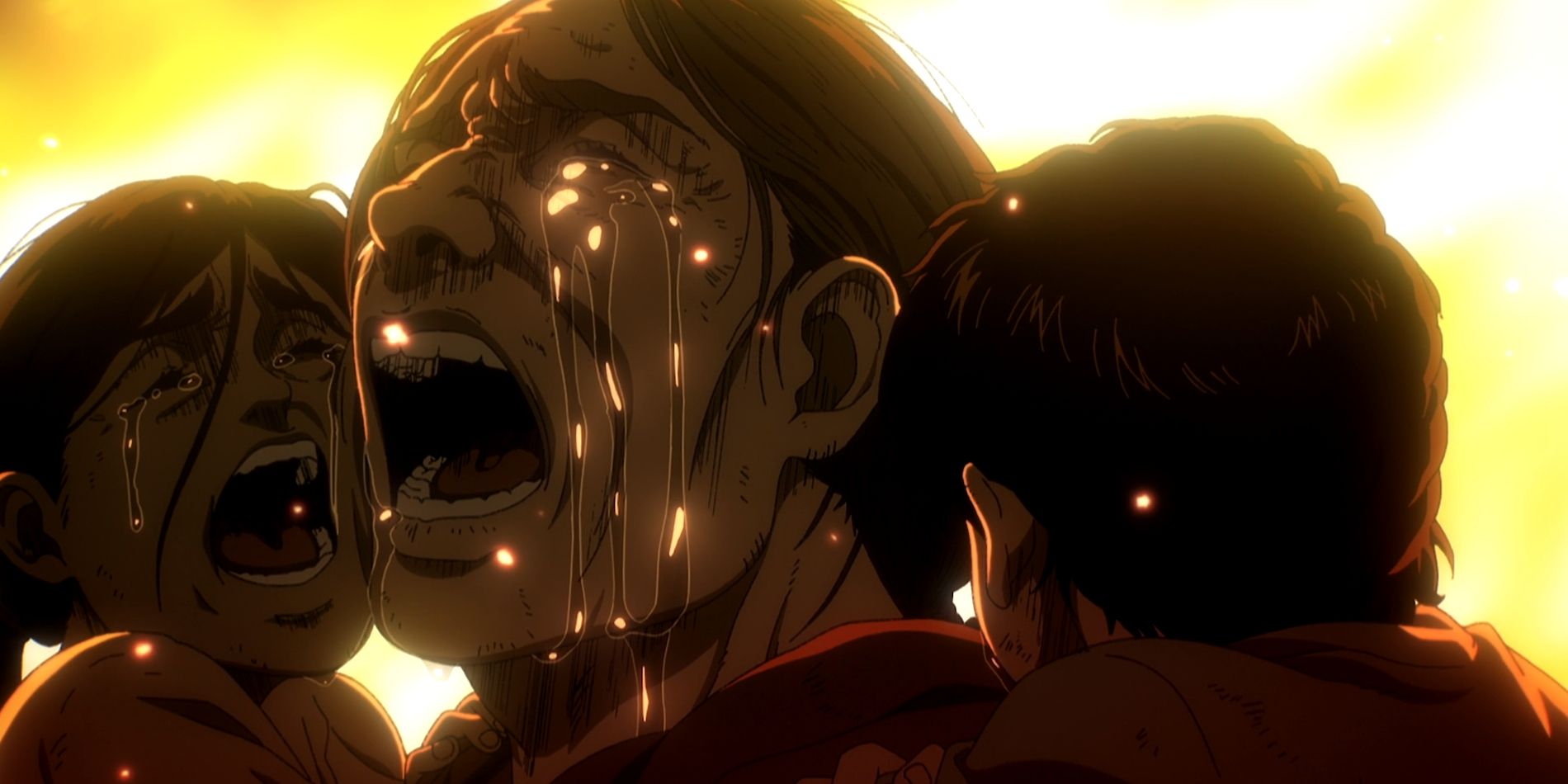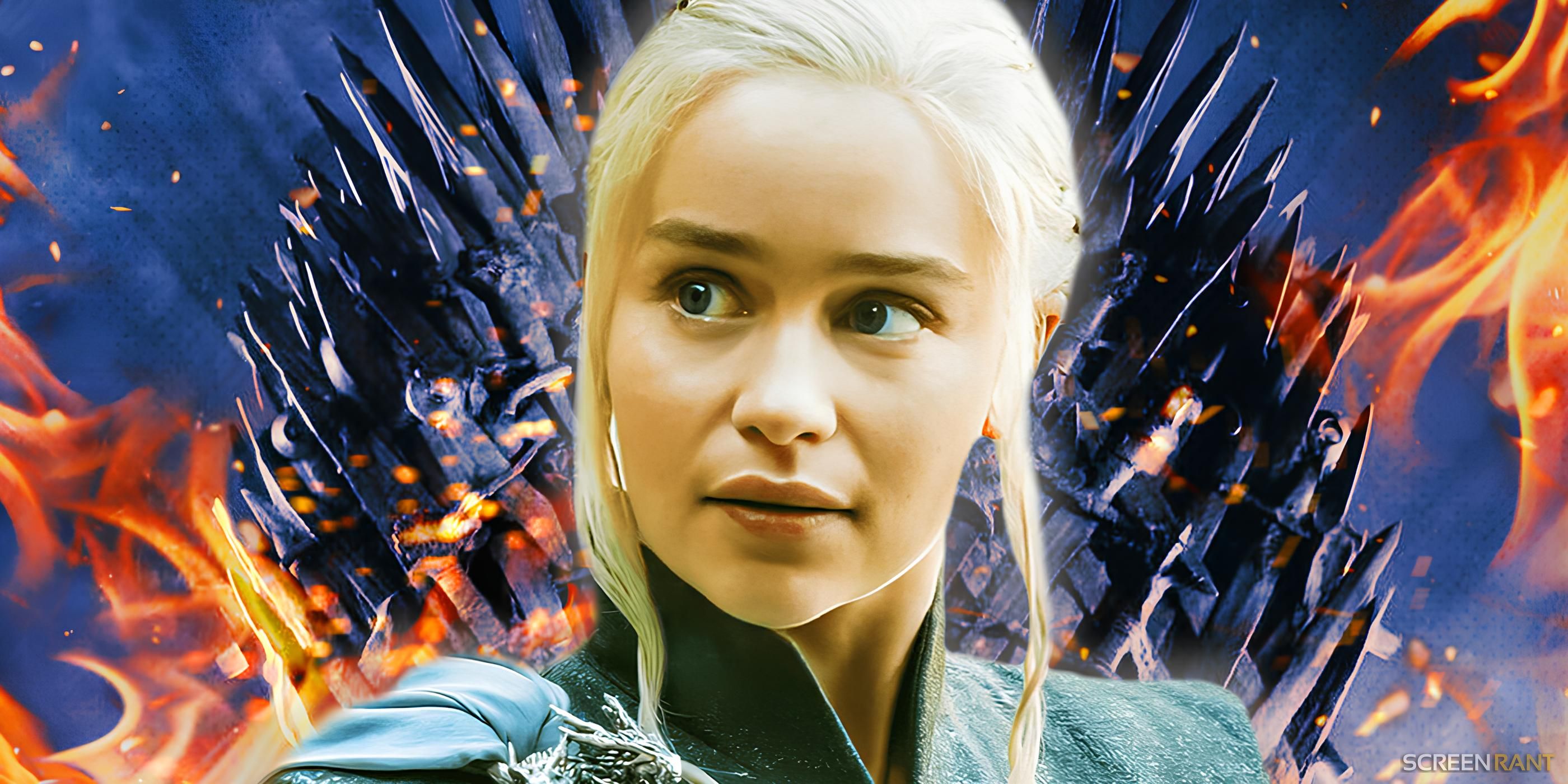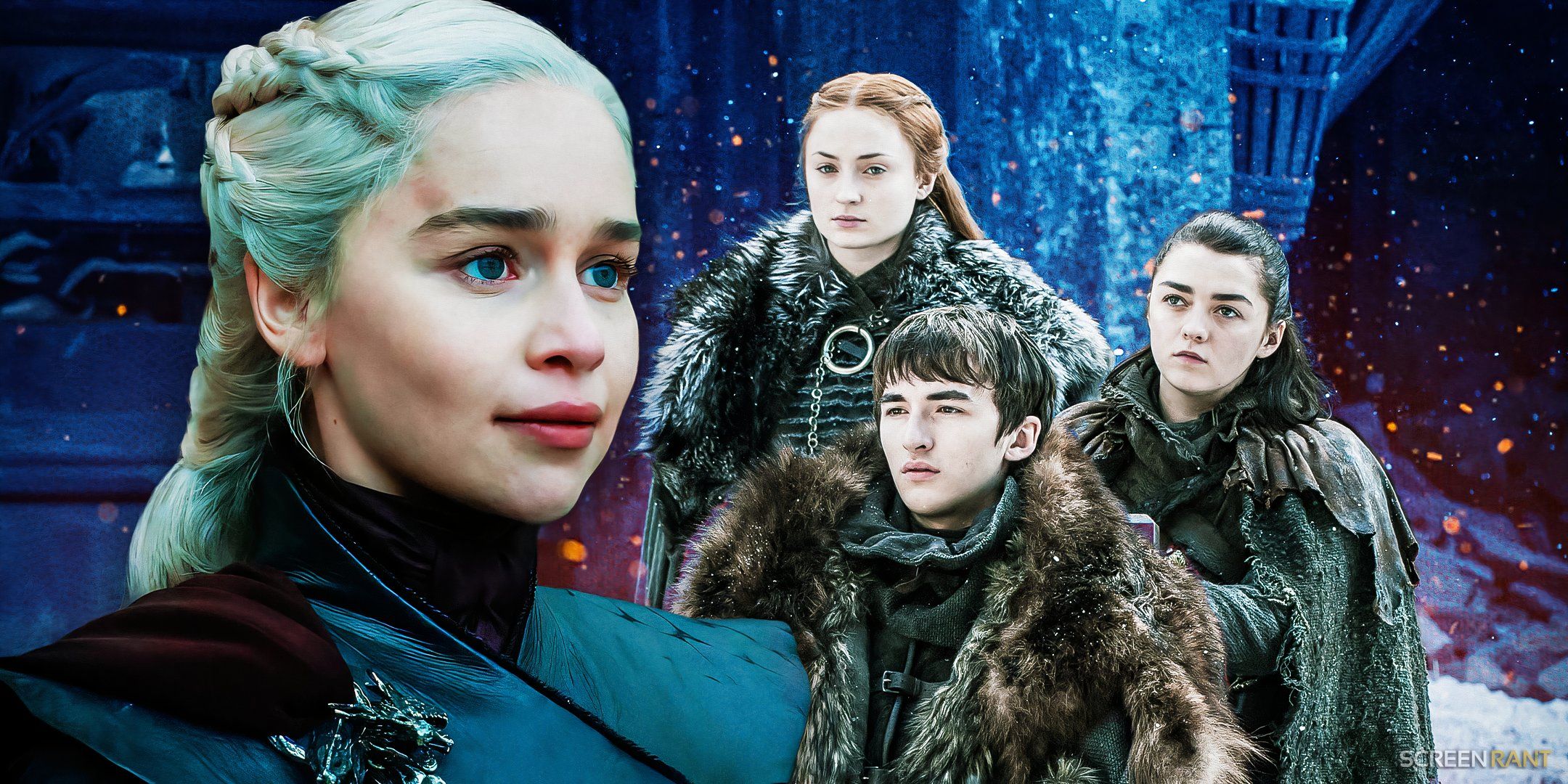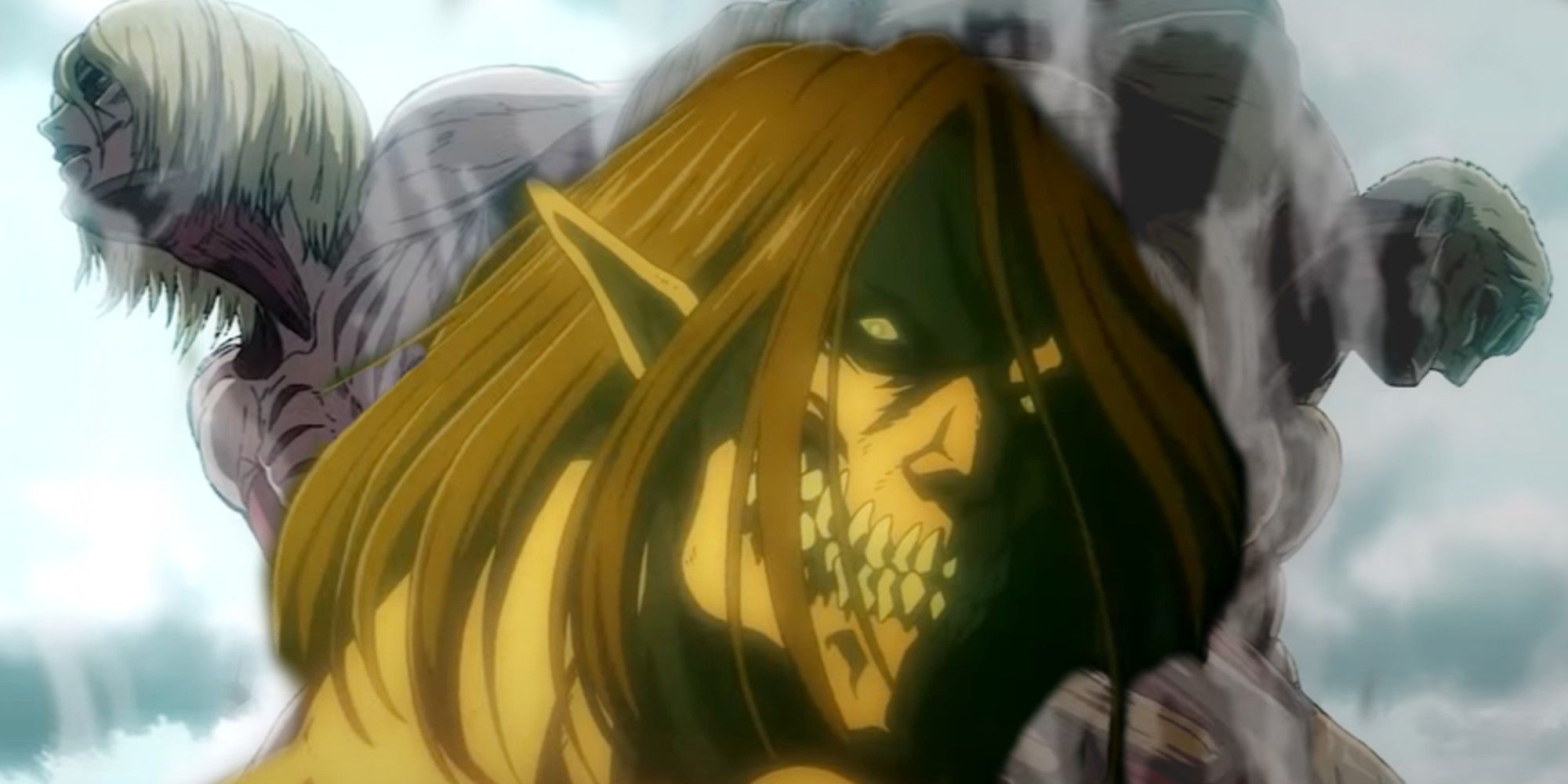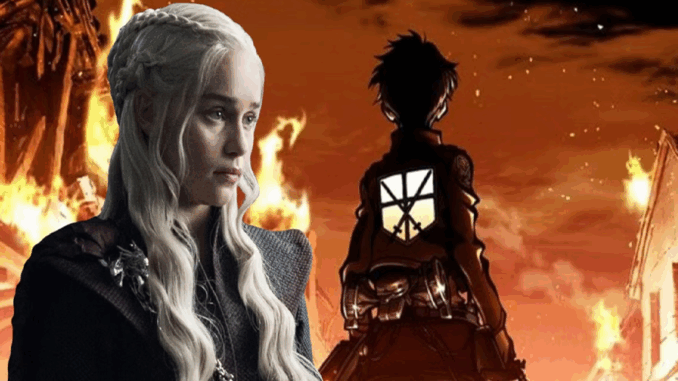
Despite their differences, both finales left a lasting impact on their respective fandoms. However, while Game of Thrones was widely panned for failing to live up to its potential, Attack on Titan started a discourse about war, morality, and fate that lingers to this day. This article examines why Attack on Titan’s ending is so controversial, how it compares to Game of Thrones, and why its thematic depth cements its legacy despite fan backlash.
The Divisive Nature of Attack on Titan’s Ending
A Controversial Finale That Shook the Fandom
Few anime have built up as much anticipation for their finale as Attack on Titan. Hajime Isayama’s masterpiece spent years crafting a complex world filled with political intrigue, shifting alliances, and shocking betrayals. By the time the final season arrived, expectations were sky-high. However, instead of a triumphant resolution, the series ended in a way that left many questioning the story’s ultimate message.
Another major difference is how each series handles character development. Game of Thrones sees beloved characters acting out of character for the sake of plot convenience, Daenerys Targaryen’s abrupt descent into tyranny being the most infamous example. On the other hand, Attack on Titan remained true to its characters, even when their choices were morally ambiguous. Eren’s descent into darkness, Armin’s struggle with diplomacy, and Mikasa’s unwavering loyalty all felt earned, making the tragedy of the ending hit even harder.
Game of Thrones Ending Vs. Attack on Titan’s Ending
Staying True to the Story Versus Betraying Expectations
In contrast, Attack on Titan remained consistent in its vision. While the ending was divisive, it was carefully foreshadowed and thematically coherent. Isayama took his time unraveling the mystery of the Titans, the history of Eldia and Marley, and the truth behind Eren’s actions. While many fans may have disliked the resolution, it was undeniably a natural progression of the story’s core themes of freedom, destiny, and sacrifice.
Another major difference is how each series handles character development. Game of Thrones sees beloved characters acting out of character for the sake of plot convenience, Daenerys Targaryen’s abrupt descent into tyranny being the most infamous example. On the other hand, Attack on Titan remained true to its characters, even when their choices were morally ambiguous. Eren’s descent into darkness, Armin’s struggle with diplomacy, and Mikasa’s unwavering loyalty all felt earned, making the tragedy of the ending hit even harder.
The Legacy of Attack on Titan’s Ending
Why Attack on Titan’s Ending Still Sparks Debate
One of the most important aspects of Attack on Titan’s legacy is its exploration of war and morality. Unlike traditional shōnen anime that often depict clear distinctions between good and evil, Attack on Titan blurred these lines. Eren’s transformation from hero to antagonist forced viewers to question whether his actions were justified or if he had become the very monster he once fought against. This ambiguity made the finale all the more powerful, as it resisted offering simple answers.
Additionally, the series’ finale reinforced the idea that history is cyclical. Even after Eren’s sacrifice, war and hatred persisted, echoing real-world conflicts. This bleak yet realistic portrayal of human nature resonated with many fans, even as others wished for a more hopeful resolution. In this sense, Attack on Titan dared to defy expectations, choosing a conclusion that was thematically appropriate rather than conventionally satisfying.
While Game of Thrones will likely be remembered as an example of how not to end a beloved series, Attack on Titan’s finale will be discussed for its philosophical depth and narrative boldness. Though divisive, it challenged audiences to think critically about its themes, ensuring that it remains a landmark in anime storytelling. Love it or hate it, Attack on Titan’s ending solidified its place in history, proving that sometimes the most controversial conclusions are the ones that have the biggest impact.
